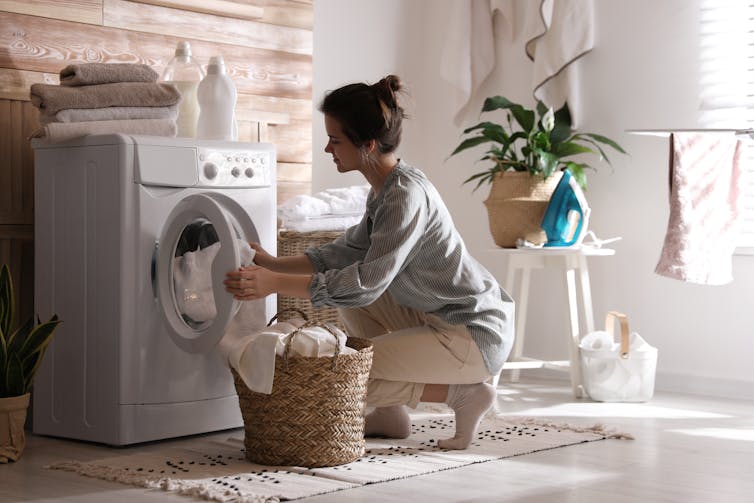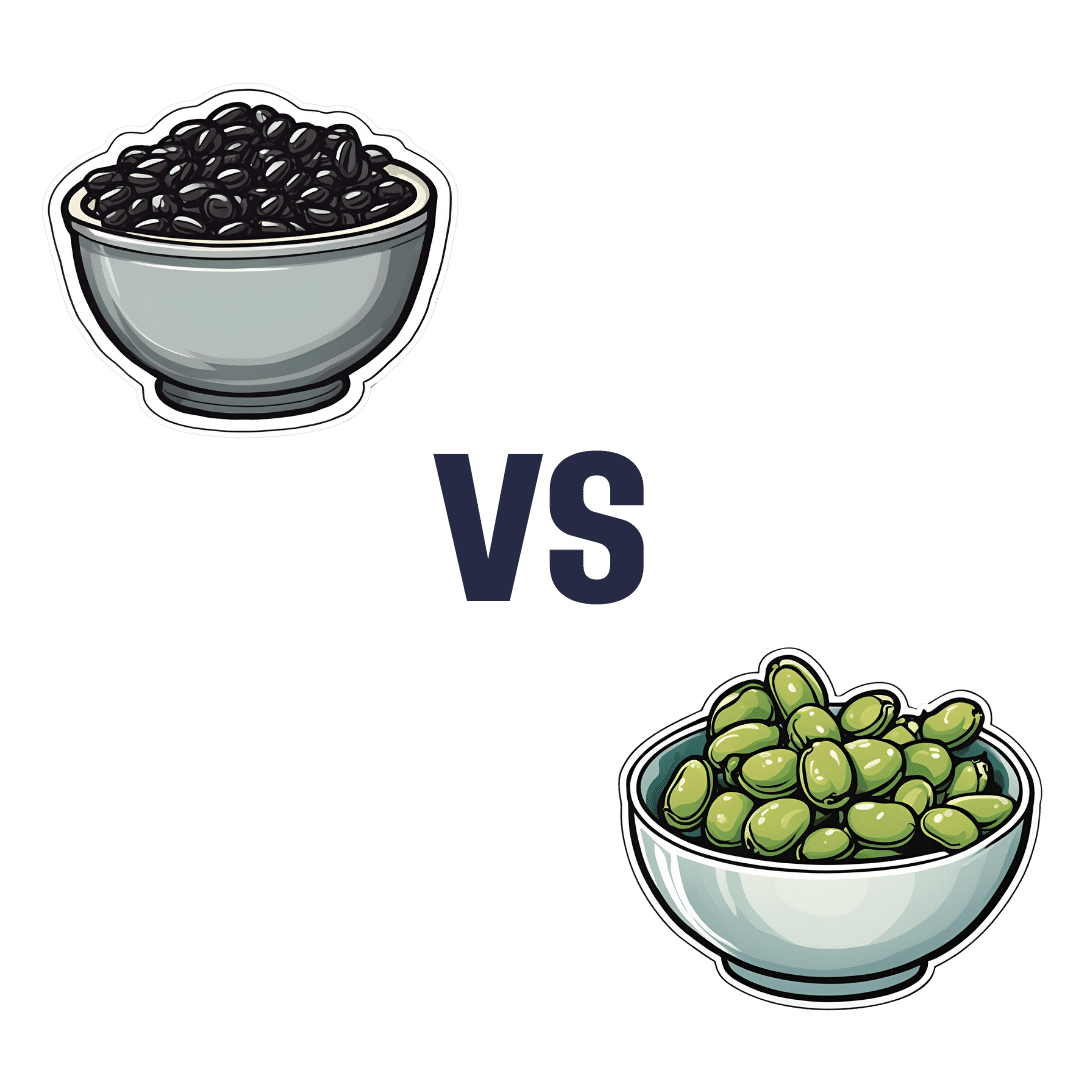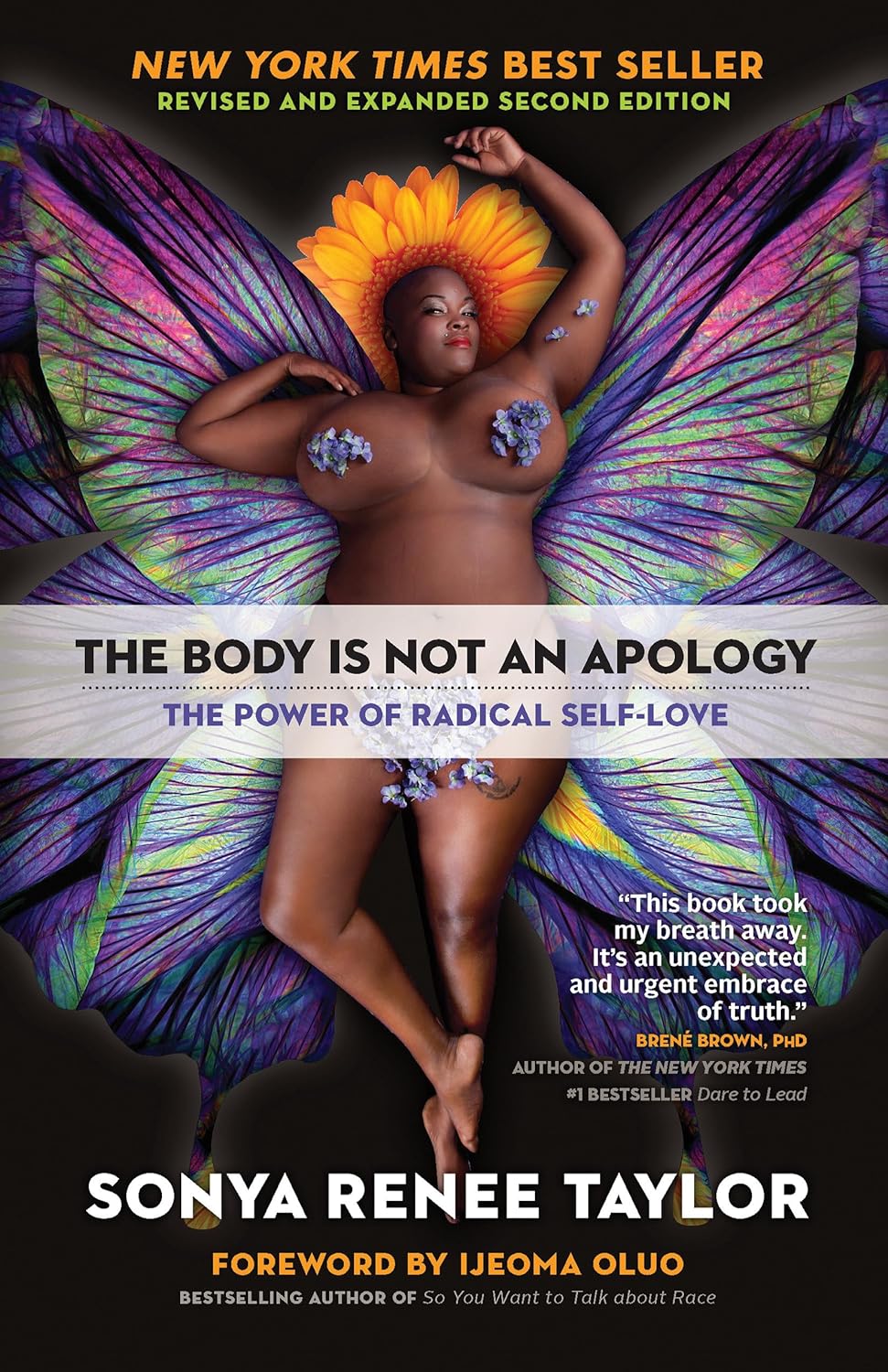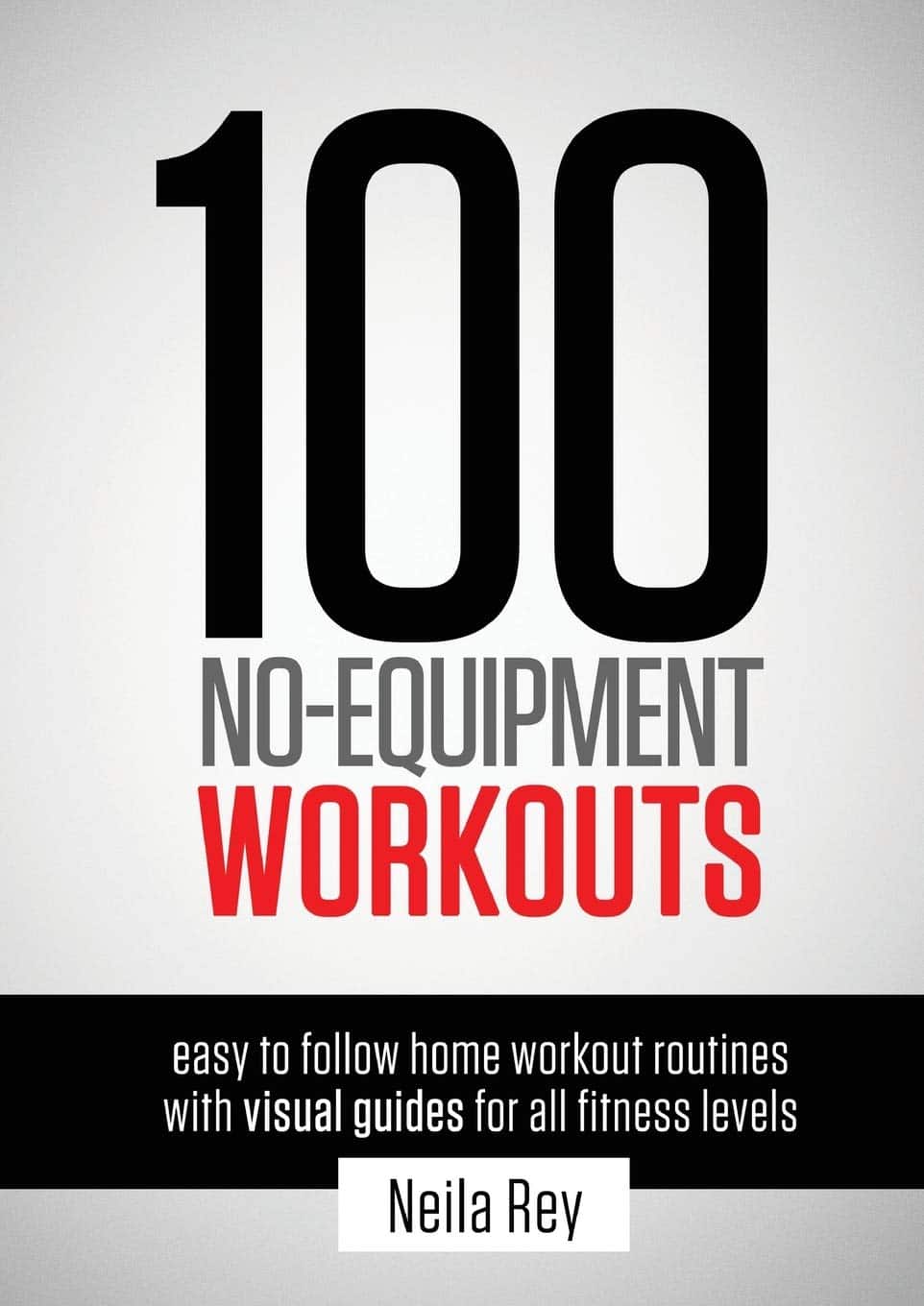
How to Prepare for Your First Therapy Session
10almonds is reader-supported. We may, at no cost to you, receive a portion of sales if you purchase a product through a link in this article.
Everyone (who ever has therapy, anyway) has a first therapy session. So, how to make best use of that, and get things going most effectively? Dr. Tori Olds has advice:
Things to prepare
Questions that you should consider, and prepare answers to beforehand, include:
- Why are you here? Not in any deep philosophical sense, but, what brought you to therapy?
- What would you like to focus on? Chances are, you are paying a hefty hourly rate—so having considered this will allow you to get your money’s worth.
- How will you know when you’ve met your goal? Note that this is really two questions in one, because first you need to identify your goal, and then you need to expand on it. If you woke up tomorrow and all your psychological problems were solved, how would you know? What would be different? What does it look like?
If you have a little time between now and your first session, journaling can help a lot.
Remember also that a first therapy session can also be like a mutual interview, to decide whether it’s a good match. Not every therapist is good at their job, and not every therapist will be good for you specifically. Sometimes, a therapist may be a mismatch through no fault of their own. Considering what those reasons might be can also be a good thing to think about in advance, to help find the best therapist for you in fewer tries!
For most on these ideas, enjoy:
Click Here If The Embedded Video Doesn’t Load Automatically!
Want to learn more?
You might also like to read:
Take care!
Don’t Forget…
Did you arrive here from our newsletter? Don’t forget to return to the email to continue learning!
Recommended
Learn to Age Gracefully
Join the 98k+ American women taking control of their health & aging with our 100% free (and fun!) daily emails:
-
How often should you wash your sheets and towels?
10almonds is reader-supported. We may, at no cost to you, receive a portion of sales if you purchase a product through a link in this article.
Everyone seems to have a different opinion when it comes to how often towels and bed sheets should be washed. While many people might wonder whether days or weeks is best, in one survey from the United Kingdom, almost half of single men reported not washing their sheets for up to four months at a time.
It’s fairly clear that four months is too long to leave it, but what is the ideal frequency?
Bed linen and towels are quite different and so should be washed at different intervals. While every week or two will generally suffice for sheets, towels are best washed every few days.
Anyway, who doesn’t love the feeling of a fresh set of sheets or the smell of a newly laundered towel?
Why you should wash towels more often
When you dry yourself, you deposit thousands of skin cells and millions of microbes onto the towel. And because you use your towel to dry yourself after a shower or bath, your towel is regularly damp.
You also deposit a hefty amount of dead skin, microbes, sweat and oils onto your sheets every night. But unless you’re a prolific night sweater, your bedding doesn’t get wet after a night’s sleep.
Towels are also made of a thicker material than sheets and therefore tend to stay damp for longer.
So what is it about the dampness that causes a problem? Wet towels are a breeding ground for bacteria and moulds. Moulds especially love damp environments. Although mould won’t necessarily be visible (you would need significant growth to be able to see it) this can lead to an unpleasant smell.
As well as odours, exposure to these microbes in your towels and sheets can cause asthma, allergic skin irritations, or other skin infections.
People don’t always agree on how often to change the sheets.
http://rawpixel.com/ShutterstockSo what’s the ideal frequency?
For bedding, it really depends on factors such as whether you have a bath or shower just before going to bed, or if you fall into bed after a long, sweaty day and have your shower in the morning. You will need to wash your sheets more regularly in the latter case. As a rule of thumb, once a week or every two weeks should be fine.
Towels should ideally be washed more regularly – perhaps every few days – while your facecloth should be cleaned after every use. Because it gets completely wet, it will be wet for a longer time, and retain more skin cells and microbes.
Wash your towels at a high temperature (for example, 65°C) as that will kill many microbes. If you are conscious of saving energy, you can use a lower temperature and add a cup of vinegar to the wash. The vinegar will kill microbes and prevent bad smells from developing.
Clean your washing machine regularly and dry the fold in the rubber after every wash, as this is another place microbes like to grow.
Smelly towels
What if you regularly wash your towels, but they still smell bad? One of the reasons for this pong could be that you’ve left them in the washing machine too long after the wash. Especially if it was a warm wash cycle, the time they’re warm and damp will allow microbes to happily grow. Under lab conditions the number of these bacteria can double every 30 minutes.
It’s important to hang your towel out to dry after use and not to leave towels in the washing machine after the cycle has finished. If possible, hang your towels and bedding out in the sun. That will dry them quickly and thoroughly and will foster that lovely fresh, clean cotton smell. Using a dryer is a good alternative if the weather is bad, but outdoors in the sun is always better if possible.
Also, even if your towel is going to be washed, don’t throw a wet towel into the laundry basket, as the damp, dirty towel will be an ideal place for microbes to breed. By the time you get to doing your washing, the towel and the other laundry around it may have acquired a bad smell. And it can be difficult to get your towels smelling fresh again.
Towels should be washed more often than sheets.
New Africa/ShutterstockWhat about ‘self-cleaning’ sheets and towels?
Some companies sell “quick-dry” towels or “self-cleaning” towels and bedding. Quick-dry towels are made from synthetic materials that are weaved in a way to allow them to dry quickly. This would help prevent the growth of microbes and the bad smells that develop when towels are damp for long periods of time.
But the notion of self-cleaning products is more complicated. Most of these products contain nanosilver or copper, antibacterial metals that kill micro-organisms. The antibacterial compounds will stop the growth of bacteria and can be useful to limit smells and reduce the frequency with which you need to clean your sheets and towels.
However, they’re not going to remove dirt like oils, skin flakes and sweat. So as much as I would love the idea of sheets and towels that clean themselves, that’s not exactly what happens.
Also, excessive use of antimicrobials such as nanosilver can lead to microbes becoming resistant to them.
Rietie Venter, Associate professor, Clinical and Health Sciences, University of South Australia
This article is republished from The Conversation under a Creative Commons license. Read the original article.
Share This Post
-
Black Beans vs Fava Beans – Which is Healthier?
10almonds is reader-supported. We may, at no cost to you, receive a portion of sales if you purchase a product through a link in this article.
Our Verdict
When comparing black beans to fava beans, we picked the black beans.
Why?
In terms of macros, black beans have more protein, carbs, and notably more fiber, the ratio of the latter two also being such that black beans enjoy the lower glycemic index (but both are still good). All in all, a clear win for black beans in this category.
In the category of vitamins, black beans have more of vitamins B1, B5, B6, E, K, and choline, while fava beans have more of vitamins A, B2, B3, B9, and C. That’s a marginal 6:5 win for black beans, before we take into account that they also have 43x as much vitamin E, which is quite a margin, while fava beans doesn’t have any similarly stand-out nutrient. So, another clear win for black beans.
When it comes to minerals, black beans have more calcium, copper, iron, magnesium, phosphorus, and potassium, while fava beans have more manganese, selenium, and zinc. Superficially this is a 6:3 win for black beans; it’s worth noting however that the margins aren’t high on either side in the case of any mineral, so this one’s closer than it looks. Still a win for black beans, though.
Adding up the sections makes for an easy overall win for black beans, but by all means, enjoy either or both—diversity is good!
Want to learn more?
You might like to read:
Eat More (Of This) For Lower Blood Pressure
Take care!
Share This Post
-
The Body Is Not an Apology – by Sonya Renee Taylor
10almonds is reader-supported. We may, at no cost to you, receive a portion of sales if you purchase a product through a link in this article.
First, a couple of things that this book is not about:
- Self-confidence (it’s about more than merely thinking highly of oneself)
- Self-acceptance (it’s about more than merely settling for “good enough”)
In contrast, it’s about loving and celebrating what is, while striving for better, for oneself and for others.
You may be wondering: whence this “radical” in the title?
The author argues that often, the problem with our bodies is not actually our bodies. If we have cancer, or diabetes, then sure, that’s a problem with the body. But most of the time, the “problem with our bodies” is simply society’s rejection of our “imperfect” bodies as somehow “less than”, and something we must invest time and money to correct. Hence, the need for a radical uprooting of ideas, to fix the real problem.
Bottom line: if, like most of us, you have a body that would not entirely pass for that of a Marvel Comics superhero, this is a book for you. And if you do have a MCU body? This is also a book for you, because we have bad news for you about what happens with age.
Click here to check out The Body Is Not An Apology, and appreciate more about yours!
Share This Post
Related Posts
-
Body Language (In The Real World)
10almonds is reader-supported. We may, at no cost to you, receive a portion of sales if you purchase a product through a link in this article.
Forget What You Think You Know About Body Language
…unless it’s about a specific person whose habits and mannerisms you know intimately, in which case, you probably have enough personal data stored up to actually recognize patterns à la “when my spouse does this, then…”, and probably do know what’s going on.
For everyone else… our body language can be as unique as our idiolect
What’s an idiolect? It’s any one given person’s way of speaking/writing, in their natural state (i.e. without having to adjust their style for some reason, for example in a public-facing role at work, where style often becomes much narrower and more consciously-chosen).
Extreme example first
To give an extreme example of how non-verbal communication can be very different than a person thinks, there’s an anecdote floating around the web of someone whose non-verbal autistic kid would, when he liked someone who was visiting the house, hide their shoes when they were about to leave, to cause them to stay longer. Then one day some relative visited and when she suggested that she “should be going sometime soon”, he hurried to bring her her shoes. She left, happy that the kid liked her (he did not).
The above misunderstanding happened because the visitor had the previous life experience of “a person who brings me things is being helpful, and if they do it of their own free will, it’s because they like me”.
In other words…
Generalizations are often sound… In general
…which does not help us when dealing with individuals, which as it turns out, everyone is.
Clenched fists = tense and angry… Except when it’s just what’s comfortable for someone, or they have circulation issues, or this, or that, or the other.
Pacing = agitated… Except when it’s just someone who finds the body in motion more comfortable
Relaxed arms and hands = at ease and unthreatening… Unless it’s a practitioner of various martial arts for whom that is their default ready-for-action state.
Folded arms = closed-off, cold, distant… Or it was just somewhere to put one’s hands.
Lack of eye contact = deceitful, hiding something… Unless it’s actually for any one of a wide number of reasons, which brings us to our next section:
A liar’s “tells”
Again, if you know someone intimately and know what signs are associated with deceit in them, then great, that’s a thing you know. But for people in general…
A lot of what is repeated about “how to know if someone is lying” has seeped into public consciousness from “what police use to justify their belief that someone is lying”.
This is why many of the traditional “this person is lying” signs are based around behaviors that show up when in fact “this person is afraid, under pressure, and talking to an authority figure who has the power to ruin their life”:
Research on Non-verbal Signs of Lies and Deceit: A Blind Alley
But what about eye-accessing cues? They have science to them, right?
For any unfamiliar: this is about the theory that when we are accessing different parts of our mind (such as memory or creativity, thus truthfulness or lying), our eyes move one way or another according to what faculty we’re accessing.
Does it work? No
But, if you carefully calibrate it for a specific person, such as by asking them questions along the lines of “describe your front door” or “describe your ideal holiday”, to see which ways they look for recall or creativity… Then also no:
The Eyes Don’t Have It: Lie Detection and Neuro-Linguistic Programming
How can we know what non-verbal communication means, then?
With strangers? We can’t, simply. It’s on us to be open-minded, with a healthy balance of optimism and wariness.
With people we know? We can build up a picture over time, learn the person’s patterns. Best of all, we can ask them. In the moment, and in general.
For more on optimizing interpersonal communication, check out:
Save Time With Better Communication
…and the flipside of that:
The Problem With Active Listening (And How To Do It Better)
Take care!
Don’t Forget…
Did you arrive here from our newsletter? Don’t forget to return to the email to continue learning!
Learn to Age Gracefully
Join the 98k+ American women taking control of their health & aging with our 100% free (and fun!) daily emails:
-
100 No-Equipment Workouts – by Neila Rey
10almonds is reader-supported. We may, at no cost to you, receive a portion of sales if you purchase a product through a link in this article.
For those of us who for whatever reason prefer to exercise at home rather than at the gym, we must make do with what exercise equipment we can reasonably install in our homes. This book deals with that from the ground upwards—literally!
If you have a few square meters of floorspace (and a ceiling that’s not too low, for exercises that involve any kind of jumping), then all 100 of these zero-equipment exercises are at-home options.
As to what kinds of exercises they are, they each marked as being one or both of “cardio” and “strength”.
They’re also marked as being of “difficulty level” 1, 2, or 3, so that someone who hasn’t exercised in a while (or hasn’t exercised like this at all), can know where best to start, and how best to progress.
The exercises come with clear explanations in the text, and clear line-drawing illustrations of how to do each exercise. Really, they could not be clearer; this is top quality pragmatism, and reads like a military manual.
Bottom line: whatever your strength and fitness goals, this book can see you well on your way to them (if not outright get you there already in many cases). It’s also an excellent “all-rounder” for full-body workouts.
Don’t Forget…
Did you arrive here from our newsletter? Don’t forget to return to the email to continue learning!
Learn to Age Gracefully
Join the 98k+ American women taking control of their health & aging with our 100% free (and fun!) daily emails:
-
9 Reasons To Avoid Mobility Training
10almonds is reader-supported. We may, at no cost to you, receive a portion of sales if you purchase a product through a link in this article.
Why might someone not want to do mobility training? Here are some important reasons:
Make an informed choice
Here’s Liv’s hit-list of reasons to skip mobility training:
- Poor Circulation: Avoid mobility training if you don’t want to improve or maintain good blood circulation, which aids muscle recovery and reduces soreness.
- Low Energy Levels: Mobility training increases oxygen flow to the brain and muscles, boosting energy. Skip it if you prefer feeling sluggish!
- Digestive Health: Stretches that rotate the torso aid digestion and relieve bloating. Definitely best to avoid it if you’re uninterested in improving digestive health.
- Joint Health: Mobility work stimulates synovial fluid production, reducing joint friction and promoting longevity. You can skip it if you don’t care about comfortable movement.
- Sleep Quality: Gentle stretching triggers relaxation, aiding restful sleep. Avoid it if you enjoy restless nights!
- Pain Tolerance: Stretching trains the nervous system to handle discomfort better. Skip it if you prefer suffering 🙂
- Headache Reduction: Mobility work relieves tension in the neck and shoulders, reducing the occurrence and severity of headaches. No need to do it if you’re fine with frequent headaches.
- Immune System Support: Mobility training boosts lymphatic circulation, aiding the immune system. Avoid it if you prefer your immune system to get exciting in a bad way.
- Stress Reduction: Mobility exercises release endorphins and lower cortisol levels, reducing stress. So, it is certainly best to skip it if you prefer feeling stressed and enjoy the many harmful symptoms of high cortisol levels!
For more on all of these, enjoy:
Click Here If The Embedded Video Doesn’t Load Automatically!
Want to learn more?
You might also like to read:
Mobility As Though A Sporting Pursuit: Train For The Event Of Your Life!
Take care!
Don’t Forget…
Did you arrive here from our newsletter? Don’t forget to return to the email to continue learning!
Learn to Age Gracefully
Join the 98k+ American women taking control of their health & aging with our 100% free (and fun!) daily emails:









